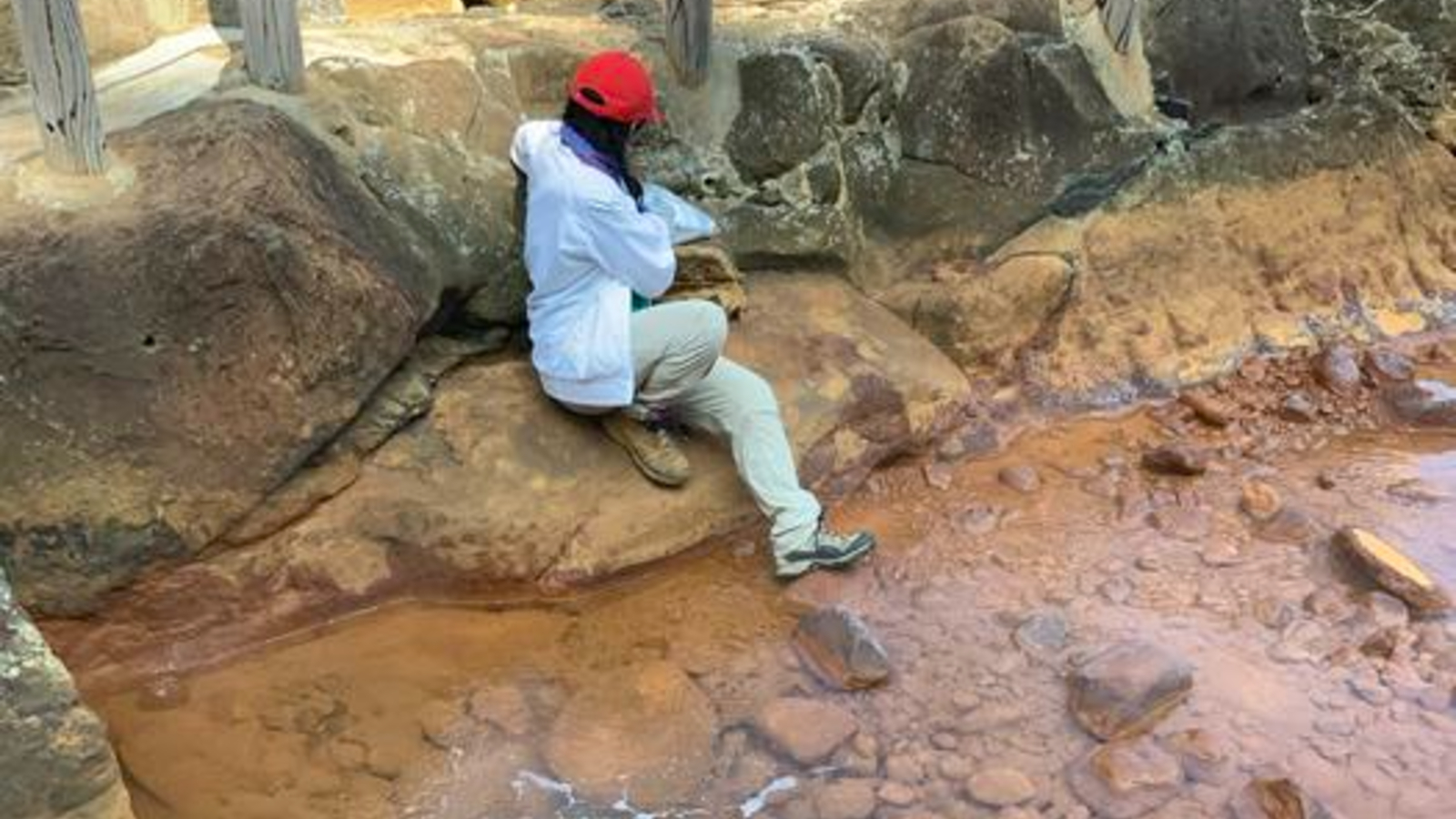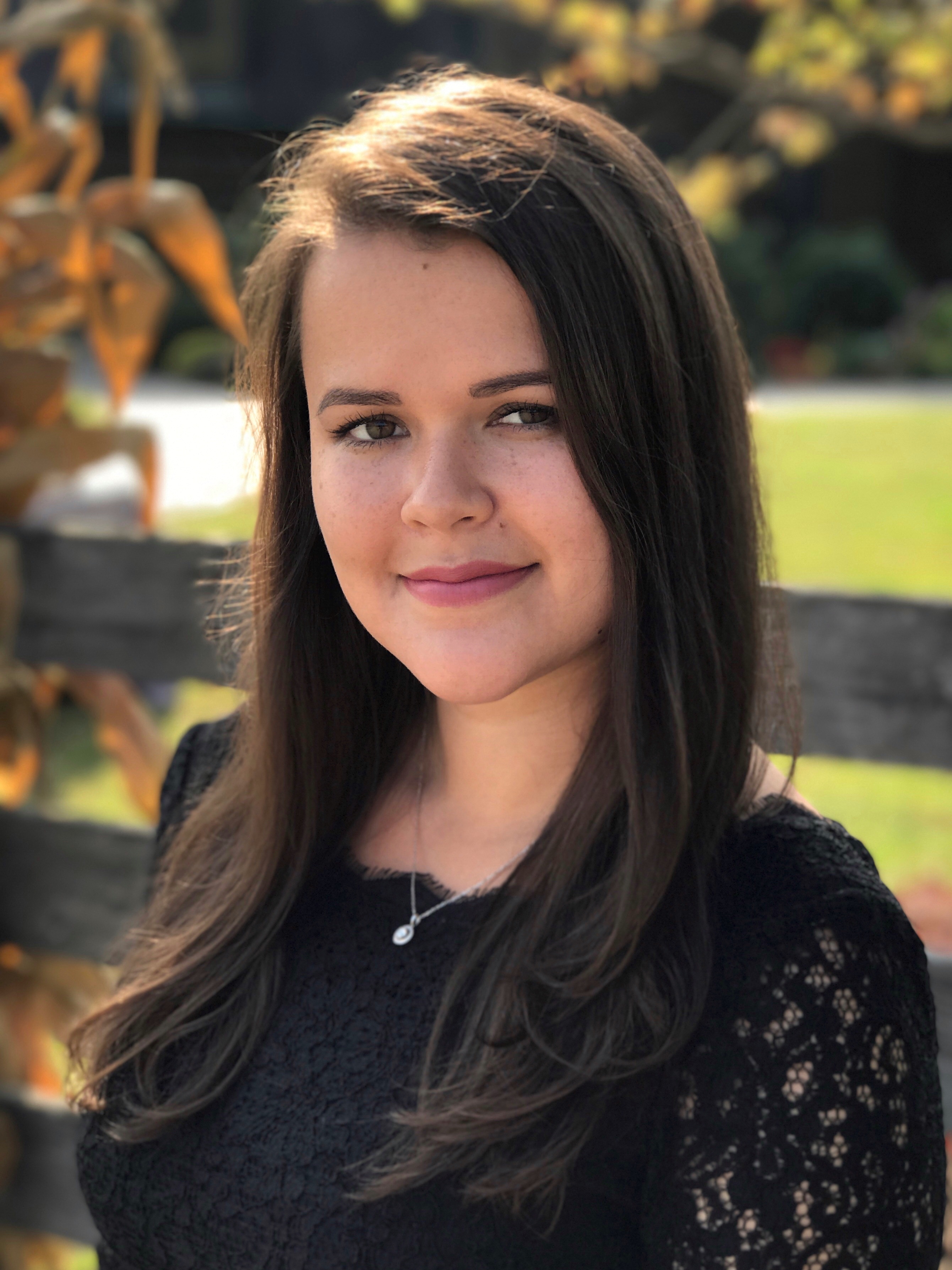Secrets of ancient life on Earth may live in Japan's hot springs
New research from Japan's iron-rich hot springs shows how early microbes may have harnessed iron and oxygen during the Great Oxygenation Event.

Breaking space news, the latest updates on rocket launches, skywatching events and more!
You are now subscribed
Your newsletter sign-up was successful
Want to add more newsletters?

Delivered daily
Daily Newsletter
Breaking space news, the latest updates on rocket launches, skywatching events and more!

Once a month
Watch This Space
Sign up to our monthly entertainment newsletter to keep up with all our coverage of the latest sci-fi and space movies, tv shows, games and books.

Once a week
Night Sky This Week
Discover this week's must-see night sky events, moon phases, and stunning astrophotos. Sign up for our skywatching newsletter and explore the universe with us!

Twice a month
Strange New Words
Space.com's Sci-Fi Reader's Club. Read a sci-fi short story every month and join a virtual community of fellow science fiction fans!
Some 2.3 billion years ago, the Earth would have been unrecognizable to us. At that time, ancient microorganisms were the dominant life form; there were no animals, no plant life, and certainly no humans.
But then, something changed. Oxygen-producing cyanobacteria triggered the Great Oxidation Event (GOE), which introduced atmospheric oxygen to our planet and allowed life as we know it to flourish. For ancient microorganisms, however, the event should have been a death knell. Oxygen was toxic to them — yet somehow, they adapted and survived.
New research from the Earth-Life Science Institute at the Institute of Science Tokyo suggests iron-rich ecosystems played a role in bridging the gap between that alien world and our modern, oxygen-filled planet. The evidence, it would appear, lies in Japan's hot springs.
The study, led by graduate researcher Fatima Li-Hau and supervised by associate professor Shawn McGlynn, focused on five hot springs across Japan rich in ferrous iron, low in oxygen, with a nearly neutral pH. This chemical composition mirrors that of the Earth’s oceans around the time of the GOE
"These iron-rich hot springs provide a unique natural laboratory to study microbial metabolism under early Earth-like conditions during the late Archean to early Proterozoic transition, marked by the Great Oxidation Event," McGlynn said in a statement. "They help us understand how primitive microbial ecosystems may have been structured before the rise of plants, animals, or significant atmospheric oxygen."
In these hot springs, the team uncovered thriving microbial communities that resemble those ancient transitional ecosystems. In four of the five sites, microaerophilic iron-oxidizing bacteria dominated, while cyanobacteria appeared in smaller numbers. Metagenomic analysis revealed that the microbes that metabolized iron were also able to metabolize oxygen produced as waste by cyanobacteria during photosynthesis.
"Despite differences in geochemistry and microbial composition across sites, our results show that in the presence of ferrous iron and limited oxygen, communities of microaerophilic iron oxidisers, oxygenic phototrophs, and anaerobes consistently coexist and sustain remarkably similar and complete biogeochemical cycles," said Li-Hau.
Breaking space news, the latest updates on rocket launches, skywatching events and more!
The metagenomic analysis also revealed that these communities of microorganisms carry out carbon and nitrogen cycling as part of their biological processes. Interestingly, the researchers discovered a partial sulfur cycle, too — but the hot springs had very few sulfuric compounds to support such activity. Thus it's possible that the microbes carry out a "cryptic" sulfur cycle that we do not yet understand.
These findings offer a new window into how life adapted during one of Earth’s greatest transitions — and promote further study of communities of microorganisms living in hot springs. "By understanding modern analog environments, we provide a detailed view of metabolic potentials and community composition relevant to early Earth's conditions," says Li-Hau.
The research was published in the 2025 edition of the journal Microbes and Environment.

Space.com contributing writer Stefanie Waldek is a self-taught space nerd and aviation geek who is passionate about all things spaceflight and astronomy. With a background in travel and design journalism, as well as a Bachelor of Arts degree from New York University, she specializes in the budding space tourism industry and Earth-based astrotourism. In her free time, you can find her watching rocket launches or looking up at the stars, wondering what is out there. Learn more about her work at www.stefaniewaldek.com.
You must confirm your public display name before commenting
Please logout and then login again, you will then be prompted to enter your display name.
